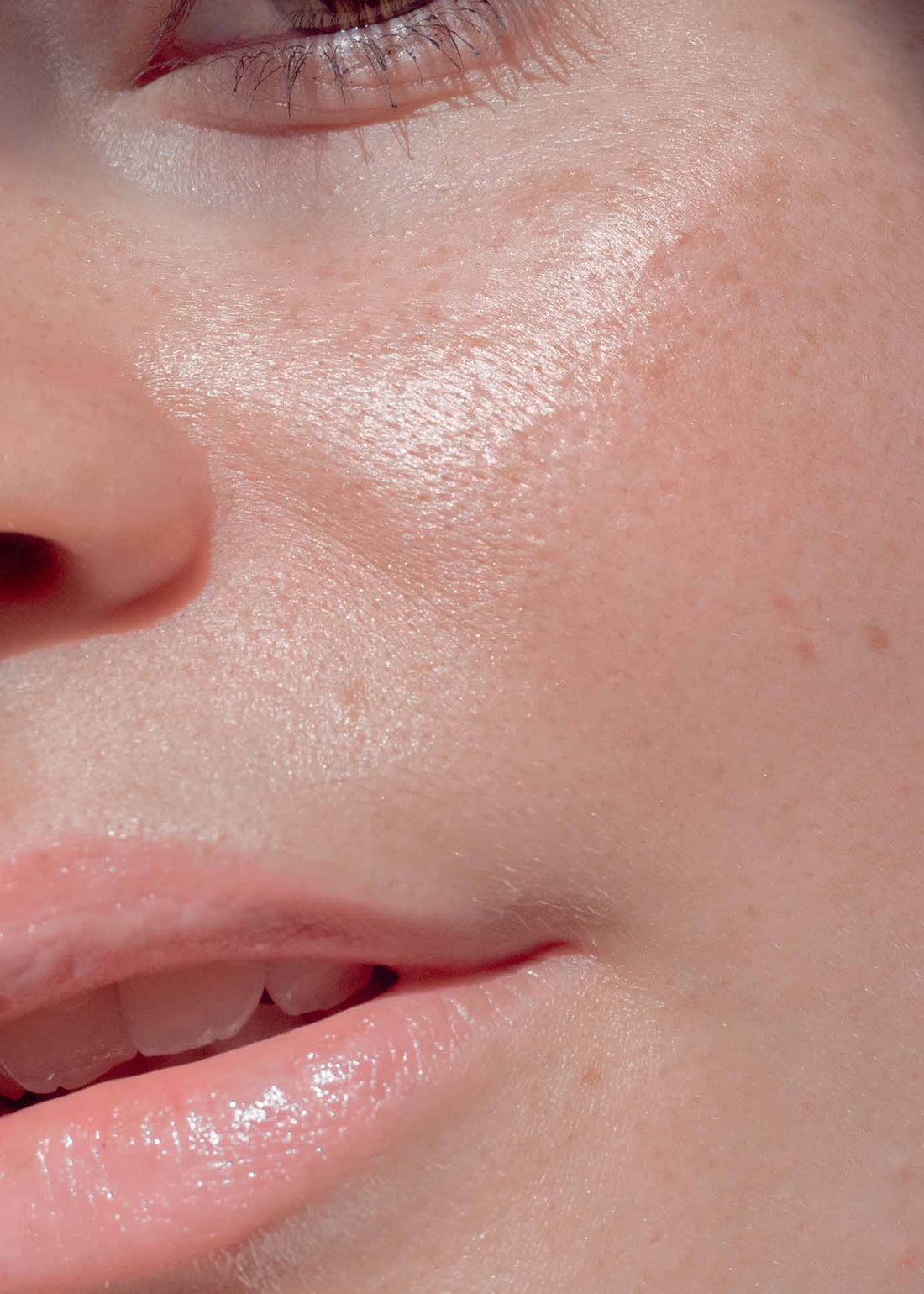
The next level of skincare
Share
Vitamin C and Collagen
Antioxidants work as a natural defence mechanism to protect skin cells against damage that can occur from UV rays, toxins, stress and poor diet just to name a few. One of the best antioxidants for the skin is the very humble vitamin C. While it might not seem like a glamour nutrient, vitamin C is important for the production of collagen, contributing to normal collagen formation for the normal function of skin, while also contributing to cell protection from free radical damage. Collagen is important for overall skin health, providing skin with its tensile strength and firmness. See Collagen.
Zinc
Also an antioxidant, zinc is commonly combined with vitamin C for the beneficial role they both play in skin health and wound healing. Zinc is present in all body tissue, supporting connective tissue health, an important contributor to overall skin health. See Vitamin C 1000 and Zinc Forte + C
Vitamin E
Likely one of the best-known, most powerful antioxidants is vitamin E. A fat-soluble vitamin, vitamin E is stored away in the liver when we’re not using it. When needed, vitamin E supports skin health by reducing free radicals formed in the body. Vitamin E can also help to relieve itchy skin and reduce the symptoms of mild eczema and dermatitis. See Natural Vitamin E 500IU
Biotin
Like collagen, keratin is another protein that plays a role in skin health by its influence on cell growth and renewal. An important nutrient for keratin production is biotin, a member of the B vitamin family that often flies under the radar without receiving the accolades it deserves. In addition to skin health, biotin is also a great nutrient to support hair and nail health. See Biotin 3mg
